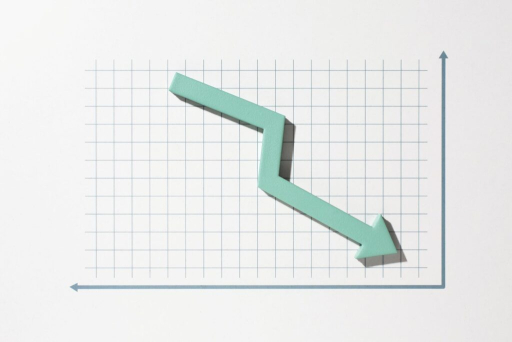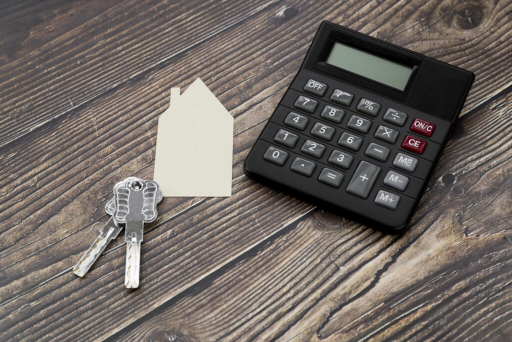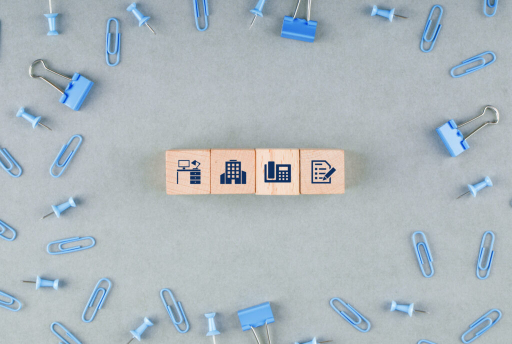
Blog: finance and real estate made simple
Articles and insights to help you navigate and grow
Consumer Credit: When It Helps and When It Can Hurt

Consumer Credit: When It Helps and When It Can Hurt
Imagine a classic situation – the washing machine has broken down, the car refuses to start, and payday is still far away. You might have just one word in mind: loan. But beware – not all loans are created equal.
Before you reach for one, it’s worth remembering one rule: small expenses should be covered by your emergency fund – the savings you have set aside for unexpected costs. Credit should only come into play when you have no reserve or when using it up would cause further problems.
What Is Consumer Credit and What Forms Can It Take?
A consumer loan is a loan taken out by an individual to finance personal needs – whether it’s car repairs, home furnishings, a holiday, or education. Generally, there are two main types:
-
Unsecured loans – no collateral is required, but the interest rate is usually higher. Banks typically offer amounts up to €48,000–€60,000 with a maximum term of 10 years.
-
Secured loans – usually secured against property. This includes, for example, the American mortgage, which can be used for anything (not just housing). Suitable for larger amounts, it usually has a lower interest rate and can be spread over up to 20 years, which significantly reduces monthly payments.
Why Consider a Loan at All?
-
You don’t currently have enough savings.
-
You need to finance a large expense that can’t be postponed.
-
You want to spread the expense over a longer period.
These are common and legitimate reasons. But it’s important not to fall into the mindset that a loan is a “quick fix for everything.” It’s not. A loan is a commitment – and it should be carefully thought through.
5 Practical Tips Before You Say Yes to a Loan
-
Calculate exactly how much you really need
Don’t borrow more “just in case.” A higher amount = higher instalments = more interest paid. -
Compare, but not just by interest rate
Focus on the APR – it includes all loan-related costs. The interest rate in the ad might look great but may not be available to everyone. Note: Interest rates are set individually based on the client’s creditworthiness. Each bank has its own internal risk assessment (“scoring”). A client with higher creditworthiness has a chance of a lower rate, while a riskier client will pay much more than the ad promises. -
Watch out for fees
Some loans have fees for setup, administration, or even early repayment. Get everything explained to you – ideally in writing. -
Never borrow to repay another loan
This is often the start of a debt spiral. If you already have loans, consider consolidation – combining them into one. -
Consider payment protection insurance
Especially if you have a family or unstable income. Just watch out for exclusions – not every policy covers what you expect. It may be worth consulting an expert to help you choose the right policy for your needs.
When a Loan Makes Sense – and When It Doesn’t
✅ YES, when:
-
You truly need the loan.
-
You have a clear picture of your income and expenses.
-
You’ve chosen a good deal and understand the terms.
❌ NO, when:
-
You already have other loans you can’t repay.
-
You’re unsure about your financial situation in the coming months.
-
You want to borrow just for an impulse purchase – with no real repayment plan.
Before Signing the Loan Agreement – Sit Down with Your Budget
Take a moment to open a simple spreadsheet:
-
How much do you earn monthly?
-
How much do you spend?
-
How much realistically remains for repayments?
You might be surprised – but most importantly, it can prevent a bad decision.
In Conclusion: A Loan Can Be a Help or a Trap
Consumer credit can serve you well – but only if you approach it wisely. This applies both to smaller unsecured loans and to bigger solutions like an American mortgage. It always depends on what, why, and how you borrow.
And if you’re unsure, don’t hesitate to consult a financial advisor – not only for choosing the right loan but also for setting up payment protection insurance or simply reviewing your budget. An independent perspective can save you a lot of money and stress.
Because a well-chosen loan can help you. A poorly chosen one can hold you back for years.
Note: All amounts in Czech crowns have been converted to euros at a fixed rate of 25 CZK = 1 EUR.
Stone & belter blog
Similar articles
Category















